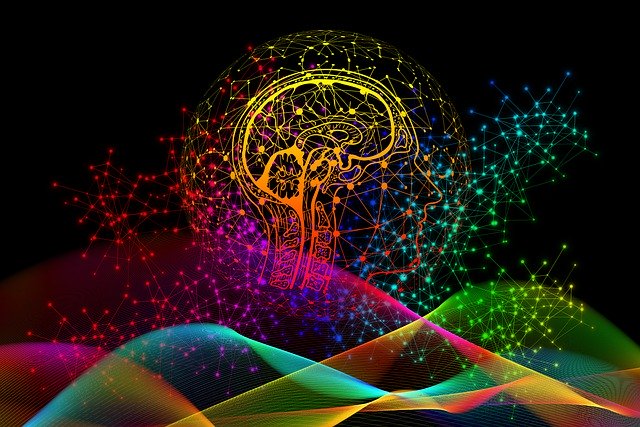
FATIGUE: Causes ~ and Solutions!
Posted April 4th, 2024
Fatigue as a presenting symptom with my patients is on the rise. We have seen more and more adults and adolescents with complaints of exhaustion and fatigue not relieved by sleep. This can lead to further issues such as: the inability to perform otherwise routine tasks, exercise intolerance, and a lowered immune system, causing an increase in cases of flu, colds, and viral episodes such as herpes and EBV. Fatigue has always been a regular complaint since beginning my practice, but why on the rise?
To better understand it, let’s look at where the problem could be coming from:
- Hormones: Deficiencies in hormones such as Thyroid, Progesterone, Testosterone (in women as well as men), Cortisol, etc. contribute to fatigue in a large manner as we grow older. Progesterone deficiency can interfere with a good night’s sleep. Undue or continuous stress can cause cortisol levels to plummet leaving a person feeling burnt-out with no reserve. Testosterone in both males and females produces energy in your ‘tank’, as well as increased libido. Thyroid is the ‘battery’ of the body; without it, your body can grow cold and weak. Detecting and correcting hormone imbalances can be critical to overcoming fatigue!
- Mitochondria: Mitochondria are the powerhouses of the cell that produce ATP, which is a form of chemical energy (the ‘ever-ready’ batteries of life). When these little batteries get sick, the body runs out of energy and cannot efficiently perform their metabolic functions. Recent decades have seen a rapid increase in reported toxic effects of drugs and pollutants on mitochondria. A great first step in this area is to limit highly-processed foods and increase legumes, nuts, seeds, fruits, and vegetables.
- Sleep: Without adequate, restful sleep, your body will run out of steam, and you will not be able to think straight. Coping with life then becomes a difficult task and your immune system can easily falter. Lack of restful sleep even contributes to heart disease and to neurological diseases, like Alzheimer’s.
- Exercise: Research shows that lack of proper exercise sends the message to your body that you are no longer useful. On the other hand, adequate exercise sends a message to your muscles, bones, brain, immune system, and heart that you are healthy and willing and able to contribute. Although it can be tiring to start a new exercise routine, after about 2-3 weeks most people start to see a shift in their fatigue symptoms. We suggest starting with a routine that’s manageable and attainable and then building up from there to reach your goals.
- Toxins: Toxins take on many forms and are ubiquitous in our modern environment. There are increasing amounts of household chemicals, heavy metals, plastics, VOCs, agricultural chemicals in our food and in our water, as well as biological toxicants, such as mold and bacteria. Testing for things such as heavy metals, molds, and other toxins can detect what toxins are causing problems, in order to target the therapies.
We’re here to help
At The Renewal Point, we’ve been studying fatigue and helping patients get to the root cause of their symptoms for decades. By listening to our patients and carefully reviewing test results, we can get an accurate picture of what’s going on and move forward with a personalized plan of care. If you are dealing with symptoms of fatigue and exhaustion, we are here to help!




